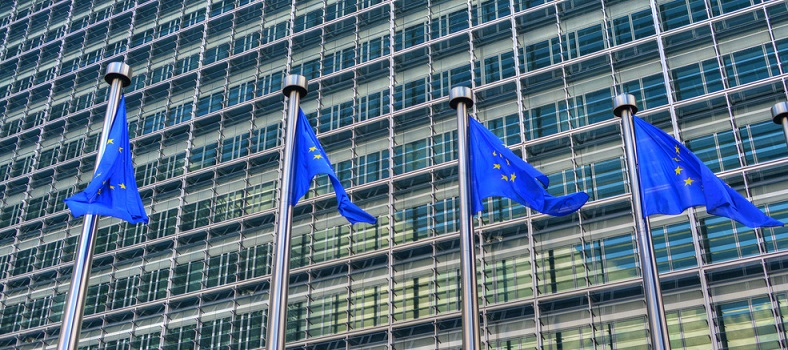The European Commission has published its eleventh report on the progress of the relocation and resettlement schemes, revealing downscaled ambitions on relocation.
While the Commission identifies a “steady progress” on relocation, the total number remains modest. Only 16,340 persons out of the target-commitment of 98,255 made by the Council have been relocated from Greece and Italy. Further, the Commission has revised its target of asylum seekers to be relocated by September, when the legal basis of the relocation scheme comes to an end. It argues that the number of those who are eligible for relocation is lower than the original targets. The new target to be reached is amounts to just over 33,000 people in total, out of which only around 14,000 more people are still to be relocated from Greece and 3,500 from Italy.
The relocation scheme was put forward to give life to the principles of solidarity and fair sharing of responsibility between Member States. Yet i, the Commission’s haste to adjust the relocation target in the face of poor implementation by Member States over the past year and a half seems rather to downplay rather than enforcing agreed commitments.
As far as resettlement is concerned, the report reveals that while two thirds or 15,492 persons of the agreed 22,504 resettlements under the EU resettlement scheme have been resettled, ten Member States have neither resettled nor undertaken any actions to resettle from Turkey (CY, DK, EL, HU, IE, MT, PL, SK, SI, UK).
The Commission also published policy guidelines to protect migrant and refugee children. The Communication provides concrete actions to be taken in order to protect all migrant children, regardless of their migration and family status, including providing access to safe reception facilities, education and health care, and finding long-term solutions that are in the best interests of the child. This framework had been largely missing from EU policy decisions since the large-scale influx of refugees and migrants occurred in 2015. These policy guidelines have been broadly welcomed by child rights organisations and by ECRE, which now call on the Commission to transform words into action.
For further information:
- EU Observer, Fewer refugees to get relocated as Commission revises targets, 12 April 2017
- European Commission, Press Release: Relocation and Resettlement: Steady progress made but more efforts needed to meet targets, 12 April 2017
- AIDA, Country Report Greece, 2016 Update
- AIDA, Country Report Italy, 2016 Update
- ECRE, Child rights organisations welcome European Commission’s policy to protect child migrants and refugees, 12 April 2017
Photo: European Commission, (cc) Glyn Lowe

